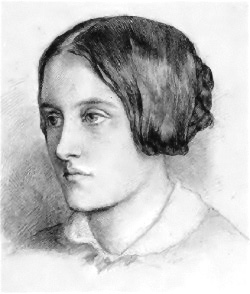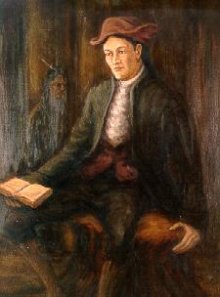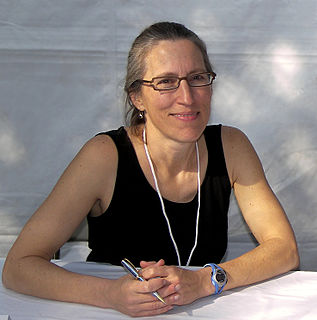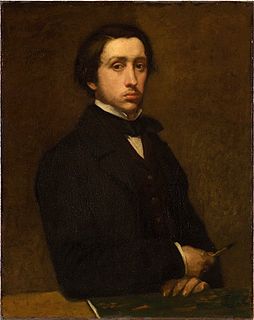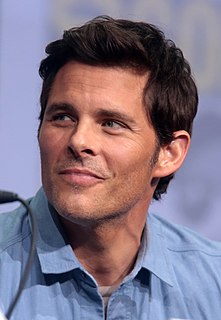A Quote by Christina Rossetti
And sometimes I remember days of old
When fellowship seemed not so far to seek,
And all the world and I seemed much less cold,
And at the rainbow's foot lay surely gold,
And hope felt strong, and life itself not weak.
Related Quotes
Three weeks ago, he’d seen hail fall from the sky, only to be followed minutes later by a spectacular rainbow that seemed to frame the azalea bushes. The colors, so vivid they seemed almost alive, made him think that nature sometimes sends us signs, that it’s important to remember that joy can always follow despair. But a moment later, the rainbow had vanished and the hail returned, and he realized that joy was sometimes only an illusion.
What I learned about them, I liked. But it also seemed that the liberal line was not entirely correct, for it was obvious that racial differences went far beyond skin color. It would be difficult to categorize all the distinctions I noticed. In fact, I made no effort to catalogue them at the time, but their differences ranged all the way from physical characteristics to more subtle differences such as extreme aversion for work in cold weather. On cold days, when I felt invigorated, my black co-workers seemed lethargic.
In prayer I was exceedingly enlarged, and my soul was as much drawn out as I ever remember it to have been in my life. I was in such anguish, and pleaded with so much earnestness and importunity, that when I rose from my knees I felt extremely weak and overcome; I could scarce walk straight; my joints were loosed; the sweat ran down my face and body; and nature seemed as if it would dissolve.
The cold hoarfrost glistened on the tombstones, and sparkled like rows of gems, among the stone carvings of the old church. The snow lay hard and crisp upon the ground; and spread over the thickly-strewn mounds of earth, so white and smooth a cover, that it seemed as if corpses lay there, hidden only by their winding sheets.
She's alone, they kept telling themselves, and surely she danced in no one's arms, yet somehow that seemed to matter less and less. As the night went on, and clarinet and coyote call mingled beyond the lantern light, the magic of their own powder-blue jackets and orchids seemed to fade, and it came to them in small sensations that they were more alone than she was.
Love is the very essence of life. It is the pot of gold at the end of the rainbow. Yet it is more than the end of the rainbow. Love is the security for which children weep, the yearning of youth, the adhesive that binds marriage, and the lubricant that prevents devastating friction in the home; it is the peace of old age, the sunlight of hope shinning through death.
Nowadays when a poet with one privately printed book can have his next three years taken care of by a Guggenheim fellowship, a Kenyon Review fellowship, and the Prix de Rome, it is hard to remember what chances the poet took in that small-town world, how precariously hand-to-mouth his existence was. And yet in one way the old days were better; [Vachel] Lindsay after a while, by luck and skill, got far more readers than any poet could get today.
Sometimes you just have to be brave. You have to be strong. Sometimes you just can’t give in to weak thoughts. You have to beat down those devils that get inside your head and try to make you panic. You struggle along, putting one foot a little bit ahead of the other, hoping that when you go backwards it won’t be too far backwards, so that when you start going forwards again you won’t have too much to catch up
Then after a long time Annie wasn’t a little girl anymore. She was a big girl and I was so much in love with her that I lived in a dream. In the dream my heart seemed to be ready to burst, for it seemed that the whole world was inside it swelling to get out and be the world. But that summer came to an end. Time passed and nothing happened that we had felt so certain at one time would happen.
Is it a coincidence that stories from the private life became more popular just as the grand hope for public redemption through revolution was beginning to sour? I witnessed a similar shift in taste in my own time. In the 1960s, while a hopeful vision of a just society arose again, countless poems and plays concerning politics and public life were written, read, and performed. But after the hope diminished and public life seemed less and less trustworthy, this subject was less in style.
